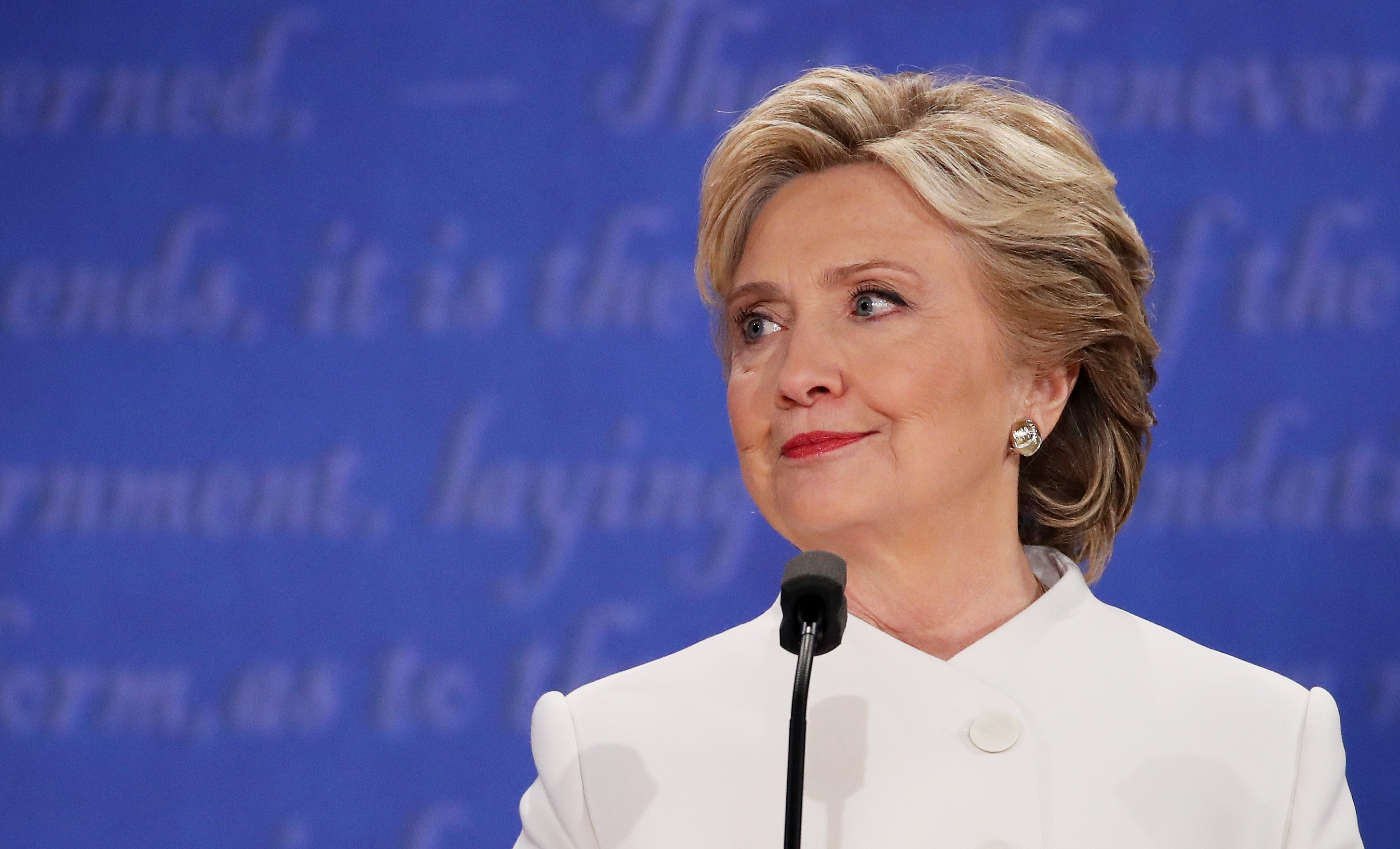How a meme made Hillary Clinton's health a campaign issue


Of all the possible controversies to have arisen during Hillary Clinton's presidential run, it is somewhat surprising that her health became one of the biggest — the subject was even front-and-center in a Donald Trump campaign ad. But how exactly Clinton's "peculiar travel habits" and "lengthy naps" morphed out of seemingly regular ol' travel and naps is another story, and one that was carefully crafted on social media using the same kind of thinking that generates viral memes.
One of the major architects is Mike Cernovich, an influential alt-right Twitter user who clarified "I'm not a pure troll" to The New Yorker. "Pure trolls are amoral. I use trolling tactics to build my brand," he explained. And in doing so, Cernovich has also built the political conversation:
"There are a million things wrong with Hillary," Cernovich told me. "She's a documented liar. She's massively corrupt. She wants to let in more so-called refugees, which makes her an existential threat to the West." (He calls the Syrian refugee crisis a "media lie.") "But I was looking at the conversation online — what was getting through to people and what wasn't — and none of that was sticking. It's too complex. I thought that the health stuff would be more visceral, more resonant from a persuasion standpoint, and so I pushed that."On September 11th, Clinton fainted after attending a memorial service at Ground Zero. Cernovich wrote a post called "Complete Timeline of Hillary's Health #HillarysHealth," which included such data points as "peculiar travel habits" and "lengthy naps." It got two hundred and forty thousand page views — less than a marquee Huffington Post story, but impressive for a blog with no advertising budget. More important, #HillarysHealth became a national trending topic on Twitter. That day, Chris Cillizza, a centrist pundit at the Washington Post, wrote an article titled "Hillary Clinton's Health Just Became a Real Issue in This Campaign." Scott Greer, a deputy editor of the Daily Caller, tweeted, "Cernovich memed #SickHillary into reality. Never doubt the power of memes." [The New Yorker]
Read more about how one tiny troll can influence the entire presidential race at The New Yorker.
The Week
Escape your echo chamber. Get the facts behind the news, plus analysis from multiple perspectives.

Sign up for The Week's Free Newsletters
From our morning news briefing to a weekly Good News Newsletter, get the best of The Week delivered directly to your inbox.
From our morning news briefing to a weekly Good News Newsletter, get the best of The Week delivered directly to your inbox.
Editor's note: This post originally misstated the name of the Twitter user who spoke to The New Yorker. It has since been corrected. We regret the error.
A free daily email with the biggest news stories of the day – and the best features from TheWeek.com
Jeva Lange was the executive editor at TheWeek.com. She formerly served as The Week's deputy editor and culture critic. She is also a contributor to Screen Slate, and her writing has appeared in The New York Daily News, The Awl, Vice, and Gothamist, among other publications. Jeva lives in New York City. Follow her on Twitter.
-
 Which way will Trump go on Iran?
Which way will Trump go on Iran?Today’s Big Question Diplomatic talks set to be held in Turkey on Friday, but failure to reach an agreement could have ‘terrible’ global ramifications
-
 High Court action over Cape Verde tourist deaths
High Court action over Cape Verde tourist deathsThe Explainer Holidaymakers sue TUI after gastric illness outbreaks linked to six British deaths
-
 The battle over the Irish language in Northern Ireland
The battle over the Irish language in Northern IrelandUnder the Radar Popularity is soaring across Northern Ireland, but dual-language sign policies agitate division as unionists accuse nationalists of cultural erosion
-
 ‘One Battle After Another’ wins Critics Choice honors
‘One Battle After Another’ wins Critics Choice honorsSpeed Read Paul Thomas Anderson’s latest film, which stars Leonardo DiCaprio, won best picture at the 31st Critics Choice Awards
-
 Son arrested over killing of Rob and Michele Reiner
Son arrested over killing of Rob and Michele ReinerSpeed Read Nick, the 32-year-old son of Hollywood director Rob Reiner, has been booked for the murder of his parents
-
 Rob Reiner, wife dead in ‘apparent homicide’
Rob Reiner, wife dead in ‘apparent homicide’speed read The Reiners, found in their Los Angeles home, ‘had injuries consistent with being stabbed’
-
 Hungary’s Krasznahorkai wins Nobel for literature
Hungary’s Krasznahorkai wins Nobel for literatureSpeed Read László Krasznahorkai is the author of acclaimed novels like ‘The Melancholy of Resistance’ and ‘Satantango’
-
 Primatologist Jane Goodall dies at 91
Primatologist Jane Goodall dies at 91Speed Read She rose to fame following her groundbreaking field research with chimpanzees
-
 Florida erases rainbow crosswalk at Pulse nightclub
Florida erases rainbow crosswalk at Pulse nightclubSpeed Read The colorful crosswalk was outside the former LGBTQ nightclub where 49 people were killed in a 2016 shooting
-
 Trump says Smithsonian too focused on slavery's ills
Trump says Smithsonian too focused on slavery's illsSpeed Read The president would prefer the museum to highlight 'success,' 'brightness' and 'the future'
-
 Trump to host Kennedy Honors for Kiss, Stallone
Trump to host Kennedy Honors for Kiss, StalloneSpeed Read Actor Sylvester Stallone and the glam-rock band Kiss were among those named as this year's inductees
